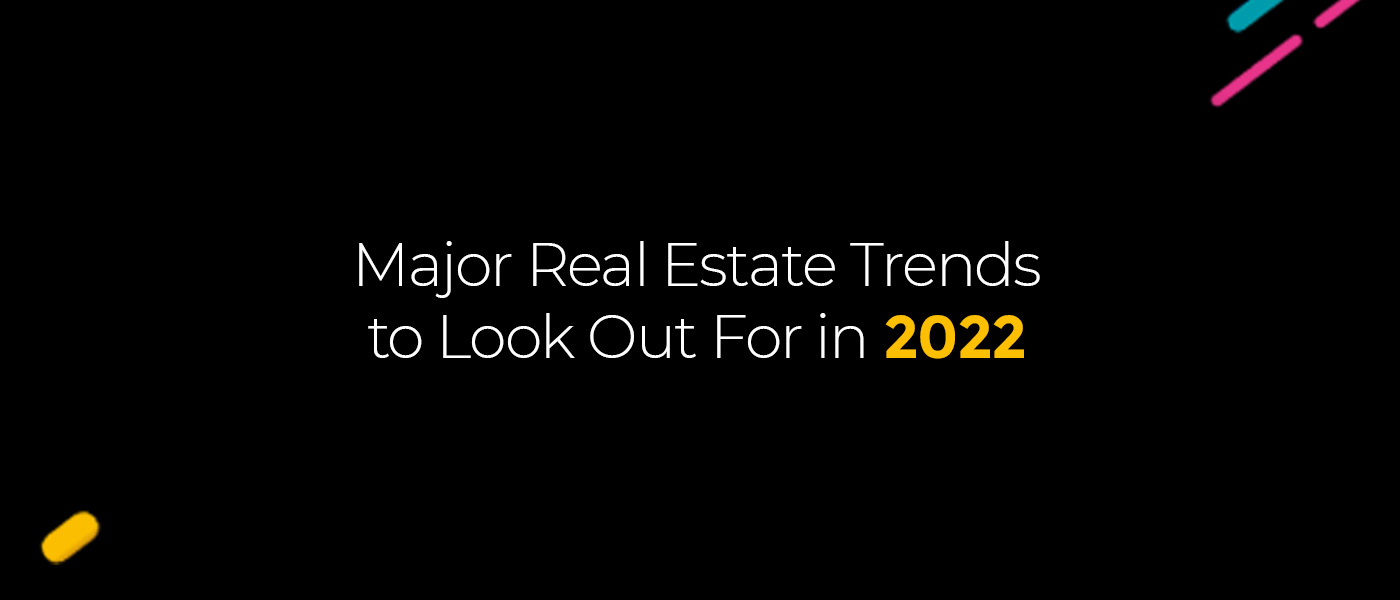1. Transforming Real Estate Trends
Getting a further boost from last year, this year, we have started seeing consolidation of not just RE players, but media mix as well. Digital contribution to media mix has now started consolidating at 45%-50% for a project in the sustainable phase and 30% in the launch phase. As per Knight Frank India, an international property consultant, 2022 may prove to be a more stable year for the pandemic-hit sector both for the commercial as well as the residential sector. The residential segment to witness around 5% capital value growth in 2022.
2. Shift in the Digital Space
Google and Facebook have kept an 80% market share for affordable and mid-segment projects and the rest of them have been going to native and programmatic platforms. Many developers who had brand reach as a focus have found a new alternative to newspapers in the form of Inshorts. OTT and Amazon have been other few mediums where developers deployed their money. However, in future, to gain more market share, they (Platforms) will have to focus on delivering a certain promise of not only brand reach but also quality lead generation as a whole.
3. Modifying Scenarios of Property Portals
The brokers and developers who are yet to taste success on digital have been seen relying on these portals like 99 Acres, Magicbricks or Housing.com in Tier 2 cities. For projects with a premium, the big three will still struggle to deliver the velocity of leads, just like the pre-pandemic scenario, however, the quality of the leads given still remains good. If you look at history, whenever a certain threshold is crossed for velocity, the quality ratio has been a concern. With digital mediums penetrating the space faster, a big question still remains whether the future for these platforms will remain just a platform for only lead generation. The same has been seen in flattening their revenue
4. The Issue Of Junk Leads Via Digital
The industry that was once used to high CPL, has found it tough to digest the low CPL and high volume junk leads that digital has been fetching, because of over reliance on the traditional medium. And thus, reliance on the right CRM platform or analytics teams to deliver better data analytics has come out as need of the hour. The top developers thus are able to garner better and consistent results by putting much-organised pre-sales structures and by analysing the ROI via all channels. As witnessed in the past till 2018, Google remained the top platform for lead generation for real estate. With the introduction of lead forms post 2018-19, Facebook emerged as an even more economical medium. Post pandemic, the quality ratio delivery via the lead form of Facebook remained a larger issue. That is why, 2021 witnessed a 50%-50% split between these two giants. Whereas, before 2018, Google held 80% share for real estate, and post 2018, it was reversed with Facebook share being as high as 75%. Still, for luxury projects, Google remains a more reliable medium, whereas affordable Facebook remains ahead.
5. Changing Marketing Attribution
With digital emerging as the go-to medium, the broader analysis on platform-based ROI no more remains the main talk. The funnels are being observed over campaign levels for their performance and their contribution towards ROI. Thus, increasing the need for the right marketing mix optimisation suites or CRM has marketing attribution as one of their offerings. In time, we expect there will be a solid demand in this space and companies, who not only offer digital services but these tech suites are also going to be a winner in this space. Since real estate lead generation is becoming more and more complex and data-driven, it isn't similar to e-commerce since location data intelligence has started to play a very important role in this space.
From August 2020 to August 2021, home prices rose nearly 20% - a record one-year increase. We expect robust demand to continue to drive prices up still more, although not at the same pace. We also look forward to many of the changing trends that will change the way the entire real estate and related functions run. Let us look forward to positive changes that will bring high ROI for everyone.
Happy New Year 2022!





